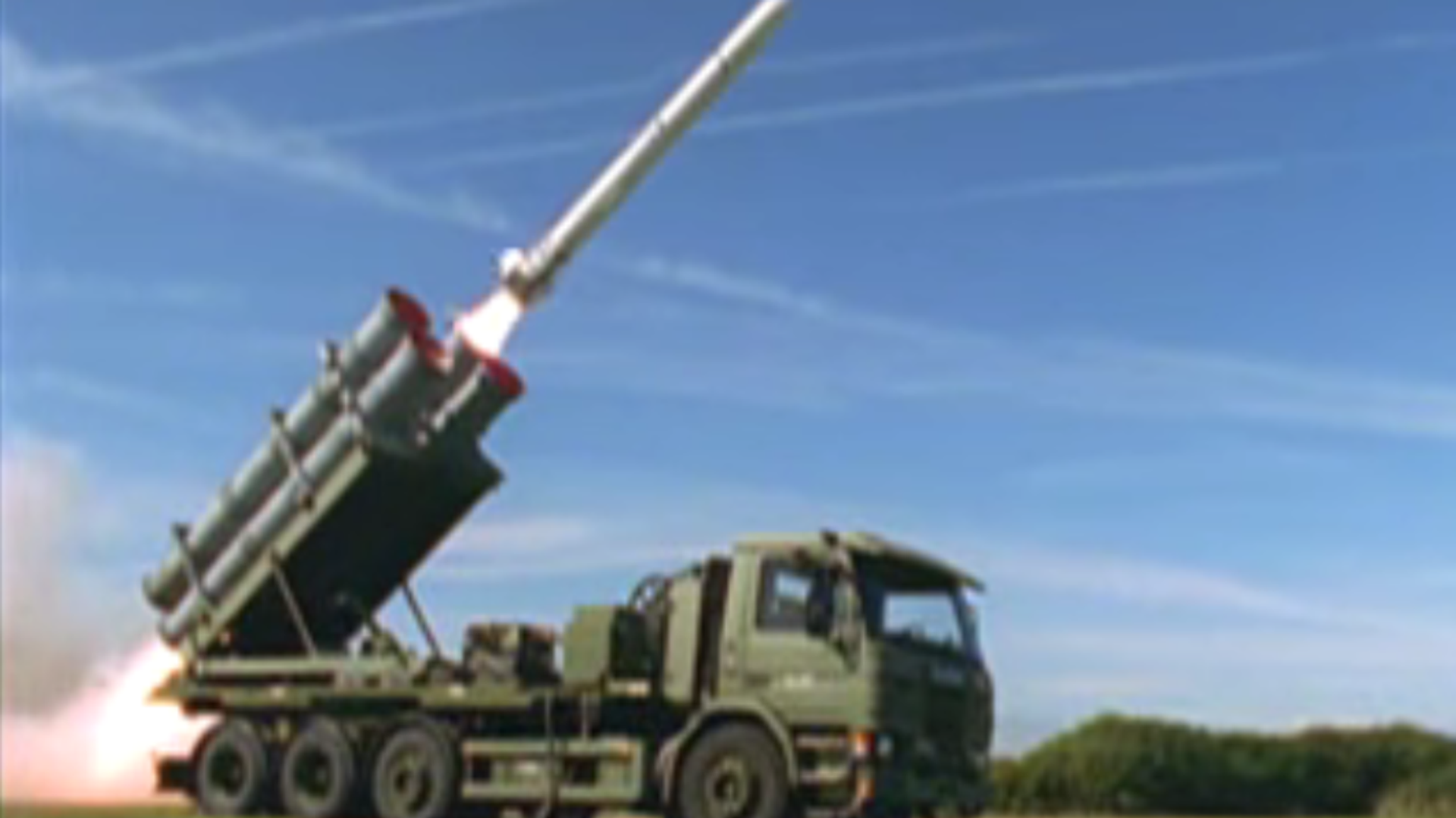Pentagon Official Calls Ukraine ‘Case Study’ for Taiwan, Says Should be ‘As Prickly as Possible’
19:51 GMT 11.03.2022 (Updated: 12:43 GMT 19.06.2023)
Subscribe
According to a November 2021 count by Sputnik, in the four years Donald Trump was a US president, from 2017 to 2021, Washington sold Taipei some $18.3 billion in weapons, ranging from torpedoes and cruise missiles to advanced F-16V “Viper” fighter jets.
A senior Pentagon official heading US President Joe Biden’s National Defense Strategy planning has told US lawmakers that future plans for defending Taiwan should include lessons drawn from Ukrainian resistance to Russia’s special military operation, including an emphasis on guerrilla tactics.
“I think the situation we’re seeing in Ukraine right now is a very worthwhile case study for them about why Taiwan needs to do all it can to build asymmetric capabilities, to get its population ready, so that it can be as prickly as possible should China choose to violate its sovereignty,” Mara Karlin, assistant secretary of defense for strategy, plans and capabilities, told the Senate Foreign Relations Committee on Thursday.
Typically speaking, asymmetric warfare, or irregular warfare, refers to insurgent or guerrilla tactics, by which a smaller, scattered and more mobile force defends territory against a larger invading force. In the 2022 National Defense Authorization Act (NDAA), the massive law passed in December 2021 that funds the Pentagon budget, Congress defined “defensive asymmetric capabilities” as “the capabilities necessary to defend Taiwan against conventional external threats, including coastal defense missiles, naval mines, anti-aircraft capabilities, cyber defenses, and special operations forces.”
Liu Pengyu, a spokesperson for the Chinese embassy in Washington, DC, told Reuters that Karlin’s proposal “would not only push Taiwan into a precarious situation, but also bring unbearable consequences for the US side.”
While the US has long supplied the government in Taiwan with weapons of war, the pace of armament sales rapidly accelerated after 2017. Between 2017 and 2021, the US sold Taiwan $18.3 billion in weaponry - a trend Biden has continued since taking office in January 2021. In November 2021, a group of Republican senators proposed a “Taiwan Deterrence Act” to create a $2 billion-per-year funnel of weapons into the small island nation off the east coast of Asia.
The government of Taiwan formally calls itself the Republic of China, and is all that remains of the republican government that ruled all of China from the abdication of the last Chinese emperor in 1912 until the communist victory in the civil war in 1949. While the Communist Party of China set up the People’s Republic of China on the mainland, it was unable at the time to invade Taiwan. Both governments claim to be the sole legitimate government of all of China.
While Washington has pledged its support for Taipei in defending its autonomy from Beijing, its relationship with the island nation remains informal because Washington diplomatically accepted Beijing’s position that Taiwan is a Chinese province in rebellion, as a condition of normalizing relations in 1979. US support, including visits by politicians and military personnel, are strongly opposed by Beijing, which protests what it consistently characterizes as interference in its internal affairs.
After the Kremlin launched its special military operation in Ukraine in late February, US officials raised fears that a Chinese move against Taiwan could be next. There have been no reports of preparations for such an operation by Beijing, however. If it did happen there are doubts that the US could stop Beijing from asserting sovereignty over the island - or if the US would make the attempt.
Earlier this week, Chinese Foreign Minister and State Councilor Wang Yi said to reporters during a meeting of the National People's Congress that the situations in Ukraine and Taiwan were totally different.
“The most fundamental difference is Taiwan is an inalienable part of China and the Taiwan question completely belongs to China's domestic affairs, while the Ukraine issue is a dispute between Russia and Ukraine," Wang said.
"The scheme to use Taiwan to contain China is doomed to fail and Taiwan will eventually return to the embrace of the motherland," he asserted.

